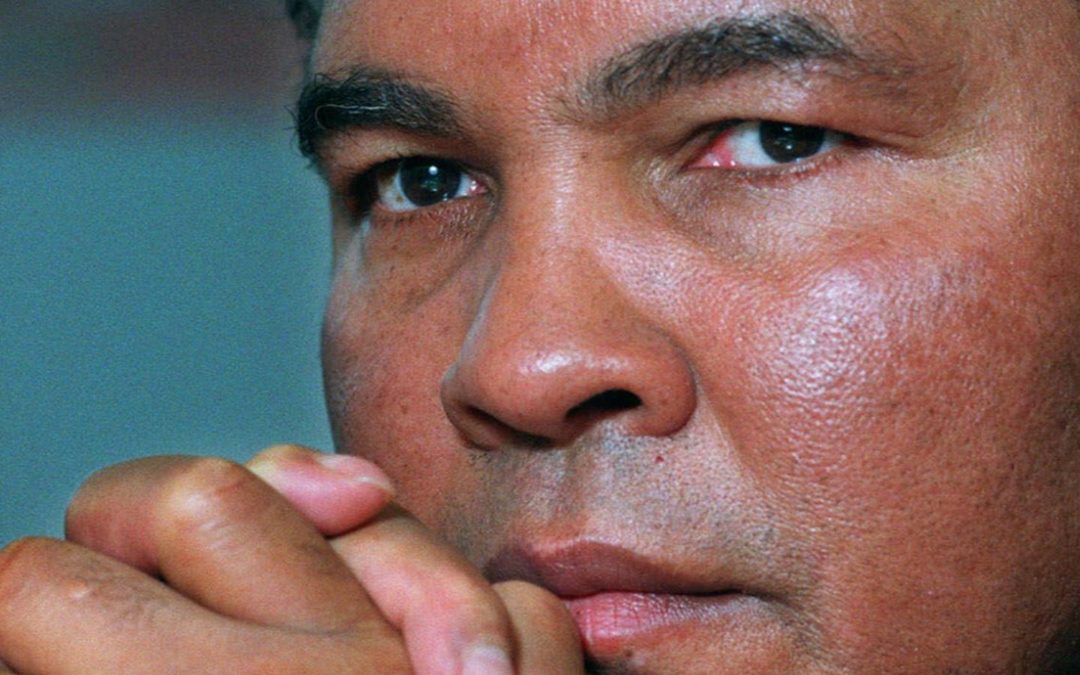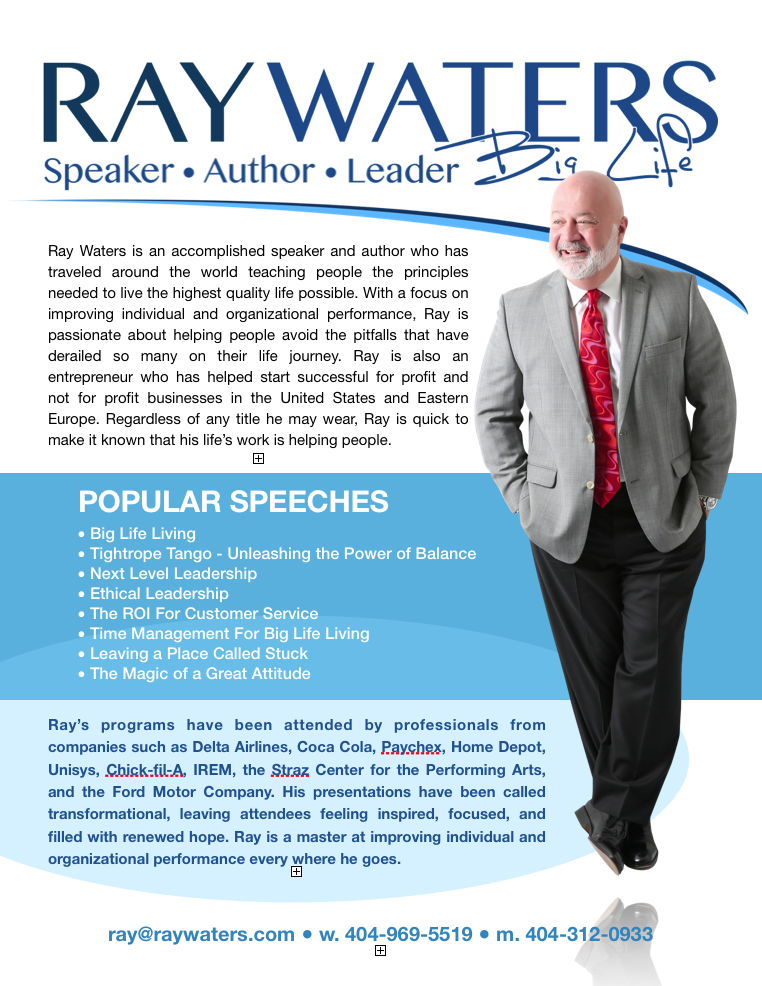This past Friday evening, one of my boyhood heroes passed away. Muhammed Ali, the sports icon and three time heavyweight boxing champion of the world died after a 32-year battle with Parkinson’s disease.
As a youngster growing up in Atlanta, I remember how controversial Ali was. At family gatherings I would listen to my uncles talking about all things Ali. He was larger than life for any generation but especially for people in the 1960’s.
The 1970’s saw Ali’s stature grow. His three fights against Joe Frazier were all classics. His rumble in the jungle against George Foreman in Zaire, Africa was strategically brilliant. He won that fight by using a tactic I had never seen before. Instead of trading punches with the ferocious Foreman, Ali employed a technique he called the rope-a -dope where he covered himself up and let Foreman punch himself out. When Foreman was exhausted from his ineffective punching, Ali went on the offensive and shook up the world by knocking out his seemingly invincible opponent.
As he boxed into the 1980’s we could tell something was different. He wasn’t just getting older. Something seemed off. We later learned he had Parkinson’s Disease. The most beautifully coordinated athlete I had ever seen was slowly losing his ability to move. It was emotional watching the former champion lose his motor skills and his ability to speak.
I spent some time this morning thinking about Muhammed Ali. Not the boxer, nor Sport’s Illustrated’s Athlete of the 20th Century, but Ali the man. Here are three takeaways from his life.
- He was a master at self promotion and marketing. Ali learned about this while watching professional wrestling on television as a teenager. One wrestler stood out above all the others. His name was Gorgeous George. Gorgeous George had learned the importance of being talked about either positively or negatively. He blurred the lines between good guy and bad guy. He didn’t mind that people hated him. He laughed all the way to the bank as he became one of the most successful wrestlers of all time. As a teenager in Louisville, Ali was impressed by George’s boasting and noticed the electrifying effect it had on the crowd. He thought the braggadocios act might work for him. And it did. Whether you loved him or hated him, you had to tip your hat to him for knowing how to sell a fight and his brand better than any athlete who has ever lived. He changed sports and culture by recognizing the importance of getting people to talk about what he was doing. 50 years later no one has ever done it better.
- Next, is his willingness to stand up for what he believed in, even when it cost him. Regardless of your view on the Viet Nam War, Ali took an unpopular stand against it by refusing to be drafted into the army, and he took the punishment for that stand. Ali was convicted of draft evasion. He was stripped of his heavyweight championship title and he was sentenced to five years in prison. He was fined $10,000 and banned from boxing for three years which most people believe would have been his most productive years as an athlete. He was willing to take a stand and pay the price for that stand. That to me is a strong display of his character.
- Finally, I believe as Ali grew older, his views became more inclusive and loving which is the best way for all of us to age. Cassius Clay was born in 1942 in Louisville, Kentucky. Shortly after becoming the world heavyweight champion in 1964, Clay joined the Nation of Islam and changed his name to Mohammed Ali. If you listen to interviews from that era, Ali sounded like a very angry young man. He had witnessed first-hand the evils of racism and segregation. He would become one of its fiercest critics. His language was sharp and he said some really hard things about the white ruled society he knew. In 1975, he left the Nation of Islam and converted to one of the two major branches of Islam and became a Sunni. He was growing. In 2005, Ali embraced the teachings of Sufism, the mystical Islamic belief and practice in which Muslims seek to find the truth of divine love and knowledge through direct personal experience of God. As he grew older he lost the anger that fueled him as a young man. That, to me, is significant. Ali knew the prejudice he had witnessed was wrong. As he grew older he discovered the best way to fight injustice was to be more loving, more inclusive, and more compassionate. That makes me happy. It would have been sad to see him die as a bitter, old, unforgiving man. Ali famously said, “The man who views the world at 50 the same as he did at 20 has wasted 30 years of his life.” I agree. I am glad he was a growing, evolving person until he died.
I loved Ali. Watching him light the Torch at the Olympics in Atlanta in 1996 was truly a moving experience for me. His body had failed him but his spirit was indomitable. I got a little choked up when I heard he had passed away. He lived a big life. He certainly was a champion to the very end.





